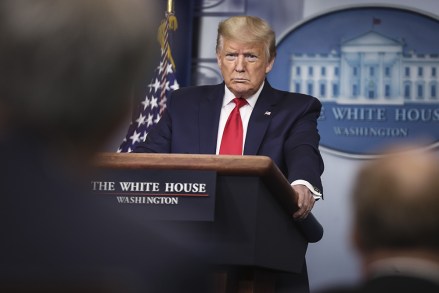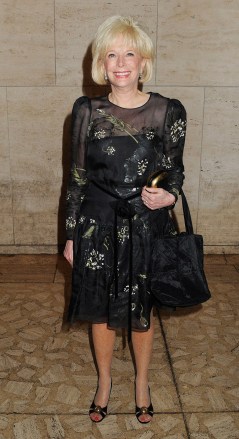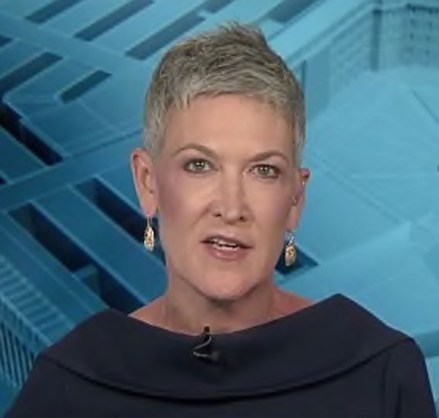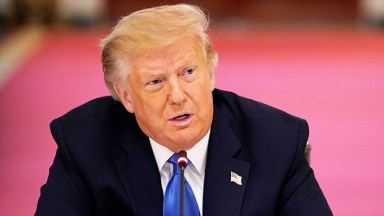
The bragging, the wild exaggerations and embellishments, the insistence that he’s the best and first at everything. All of President Donald Trump‘s behavior can be blamed on his upbringing, niece Mary Trump writes in her new tell-all. Too Much and Never Enough: How My Family Created the World’s Most Dangerous Man explores the dynamics of the Trump family, and how constant pressure and power plays led to the president still acting like a toddler at 74 years old.
It’s no wonder that the Trumps attempted to block publication of Mary’s book. “Donald today is much as he was at three years old: incapable of growing, learning, or evolving, unable to regulate his emotions, moderate his responses, or take in and synthesize information,” Mary wrote in her scathing analysis of her uncle. Donald, according to Mary, was constantly seeking the approval of his father, Fred Trump, who was once the biggest real estate mogul in New York City.
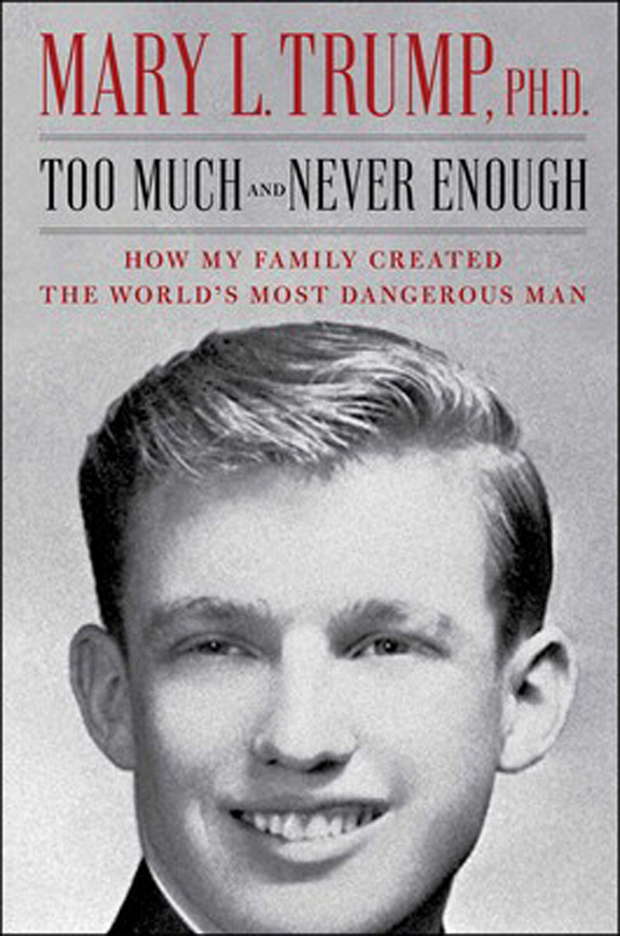
Fred, who died in 1999, was a shrewd businessman who was also allegedly cold to his family; any sign of perceived weakness personally or professionally left him disgusted. Mary’s father, Fred Trump Jr, didn’t want any part of the family business, and struggled with alcohol addiction. Therefore, Fred turned his attention on his second eldest son, Donald, who worked tirelessly to earn his father’s favor. Donald picked up Fred’s business practices and calculating personality traits in his quest to be the best, Mary, who is a psychologist, asserts.
Twenty years after his father’s death, he is still seeking approval where he can get it, according to Mary, even as President of the United States. “Donald’s need for affirmation is so great that he doesn’t seem to notice that the largest group of supporters are people he wouldn’t condescend to be seen with outside of a rally. His deep-seated insecurities have created in him a black hole of need that constantly requires the light of compliments that disappears as soon as he’s soaked it in. Nothing is ever enough.”
She has a definite point. In November 2019, The New York Times parsed through the president’s (then) 11,390 tweets since his 2017 Inauguration, and found 2,026 showering praise upon himself. After he bafflingly liked a tweet on June 8, 2020 about the HBO show Insecure, Twitter users suggested that he was searching the word “insecure” for mentions of his name. “This is far beyond garden-variety narcissism; Donald is not simply weak, his ego is a fragile thing that must be bolstered every moment because he knows deep down that he is nothing of what he claims to be,” Mary concluded.
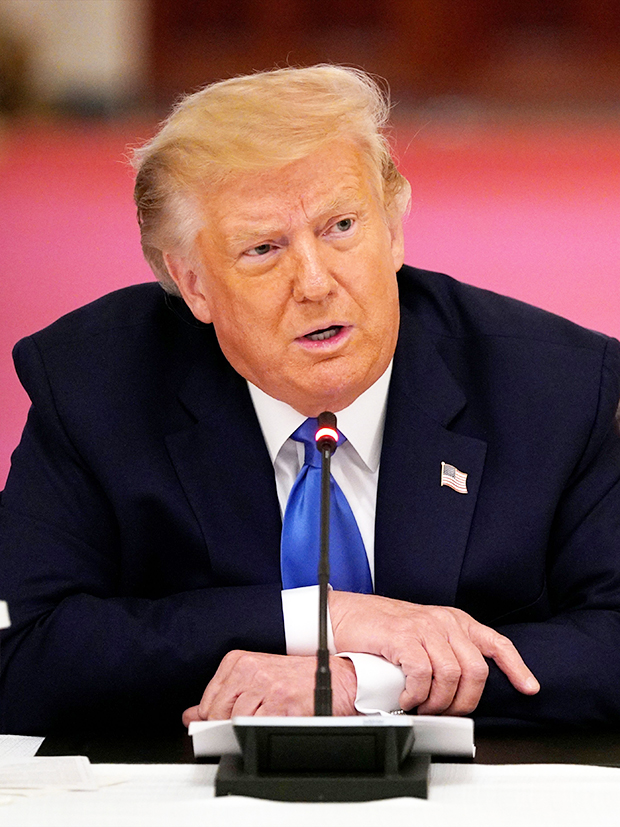
“He knows he has never been loved. So he must draw you in if he can by getting you to assent to even the most seemingly insignificant thing… Failing to do so leaves a vacuum that is unbearable for him to withstand for long.” While it may seem that Mary paints he uncle in a somewhat sympathetic light, she makes it clear that she believes he’s “cruel.” After all, this is the same man who withheld medical funding for her chronically ill nephew because she and her brother contested their grandfather’s will.
“On November 6, 2016, my despair was triggered in part by the certainty that Donald’s cruelty and incompetence would get people killed,” she writes of election day. She confesses that though she knew this, she didn’t think it would ever be this bad — putting children in cages at the US-Mexico border and separating them from their parents, letting 140,000 people (and counting) die from COVID-19, botching hurricane relief efforts, inciting violence against protesters. “His cruelty serves, in part, as a means to distract both us and himself from the extent of his failures.”
